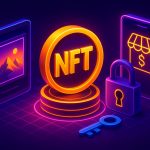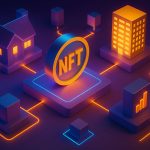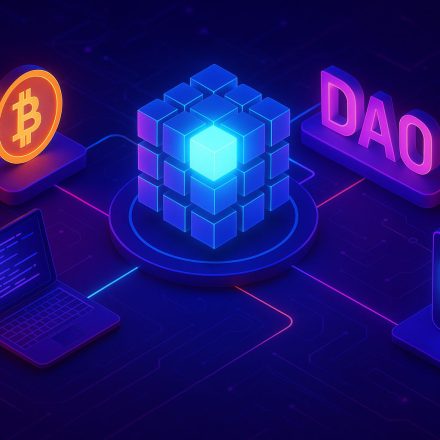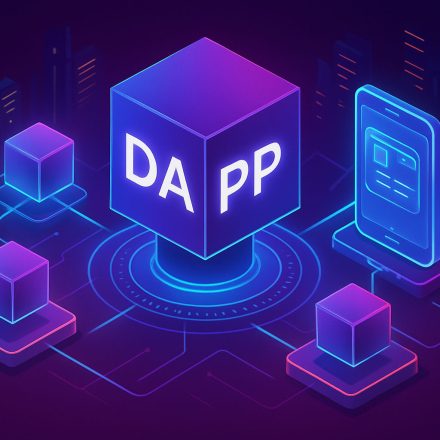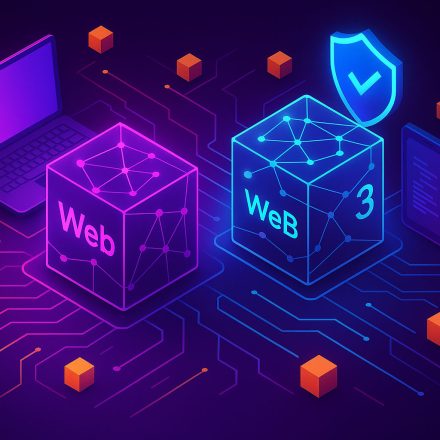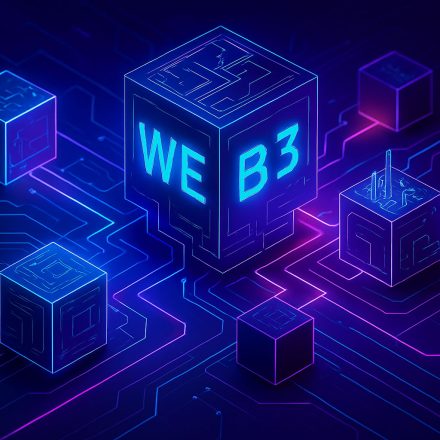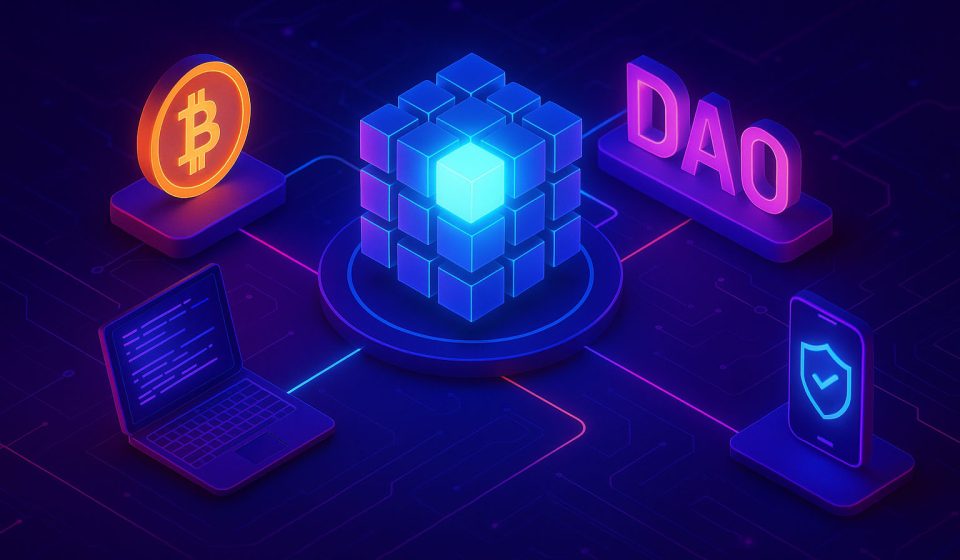
🧠 What Are DAOs? Decentralized Autonomous Organizations Explained
🧐 Introduction
What are DAOs? Short for Decentralized Autonomous Organizations, DAOs are blockchain-native organizations where decisions are made by community consensus rather than top-down management.
Table Of Content
- 🧐 Introduction
- 🧾 What Is a DAO?
- ⚙️ How Do DAOs Work?
- 🧩 Key Components of a DAO
- 🌍 Use Cases of DAOs in Web3
- ✅ Pros and Cons of DAOs
- Pros
- Cons
- 🔥 Real-World Examples of DAOs in 2025
- 🔸 Uniswap DAO
- 🔸 Aave DAO
- 🔸 MakerDAO
- 🔸 Nouns DAO
- 🔸 ENS DAO
- 🔮 The Future of Decentralized Organizations
- 🔗 Learn More About Web3 and DAOs
In this article, we explain how DAOs work, why they matter for the future of governance, and how they’re powering everything from DeFi to social clubs.
🧾 What Is a DAO?
A DAO (Decentralized Autonomous Organization) is an online, community-led organization governed by smart contracts on the blockchain — not by executives or CEOs.
Key features:
- No centralized leadership
- Transparent governance via on-chain voting
- Token-based participation (voting rights via governance tokens)
- Smart contracts enforce rules and automate decision-making
DAOs aim to align incentives and remove traditional bureaucracy by putting power in the hands of users.
⚙️ How Do DAOs Work?
DAOs operate using smart contracts — self-executing code on blockchains like Ethereum or Solana.
Here’s a basic DAO flow:
- Create a treasury funded by tokens or crypto
- Propose an action (e.g., new funding, partnerships, rule changes)
- Token holders vote on proposals
- Smart contracts execute decisions based on majority rules or quorum
Everything is public, and members can participate from anywhere in the world.
🧩 Key Components of a DAO
| Component | Function |
|---|---|
| Smart Contracts | Automate governance and funds |
| Governance Tokens | Represent voting power and ownership |
| Proposals | Submitted ideas or actions by members |
| Voting System | Decides outcomes using token-weighted votes |
| Treasury | DAO-controlled wallet for shared assets |
Popular voting tools include Snapshot, Tally, and Aragon.
🌍 Use Cases of DAOs in Web3
DAOs are reshaping traditional organizational models across many sectors:
| Sector | Example Use Case |
|---|---|
| DeFi | Protocol upgrades, fee structures |
| Gaming | In-game economies and rule updates |
| Grants | Community funding (Gitcoin, RetroPGF) |
| Social Clubs | Token-gated communities (e.g., Friends With Benefits) |
| Media | Decentralized publishing & content funding |
| Infrastructure | Governance for L2 chains or bridges |
DAOs provide a governance layer to align communities around shared missions.
✅ Pros and Cons of DAOs
Pros:
- Transparency: Every vote and transaction is public
- Borderless: Global access, no geographic limits
- Community Ownership: Users make the rules
- Reduced Overhead: No need for legal entities (in theory)
Cons:
- Low Participation: Most token holders don’t vote
- Whale Control: Large holders can dominate decisions
- Security Risks: Smart contract bugs or exploits
- Regulatory Uncertainty: Legal recognition is still evolving
DAOs offer incredible freedom — but also require strong security, planning, and trust mechanisms.
🔥 Real-World Examples of DAOs in 2025
🔸 Uniswap DAO
Governs protocol fees, liquidity incentives, and new product launches.
🔸 Aave DAO
Manages upgrades to Aave lending pools and interest strategies.
🔸 MakerDAO
Oversees the DAI stablecoin, collateral types, and monetary policy.
🔸 Nouns DAO
Funds public goods and creative projects with daily NFT auctions.
🔸 ENS DAO
Maintains the Ethereum Name Service registry and domain system.
These DAOs control billions of dollars — and the tools are open for anyone to create their own.
🔮 The Future of Decentralized Organizations
By 2025, DAOs are moving beyond DeFi and into:
- Corporate governance
- Cross-border cooperatives
- Crowdsourced R&D
- Decentralized philanthropy
The next phase will focus on legal integration, UX improvements, and governance innovation — including AI-assisted decision-making and reputation-based voting.
DAOs are no longer experiments — they’re the new frontier of coordination and power-sharing.
🔗 Learn More About Web3 and DAOs
- Read more in Web3 & Decentralization
- Visit https://ethereum.org/en/dao/ for Ethereum’s DAO overview




